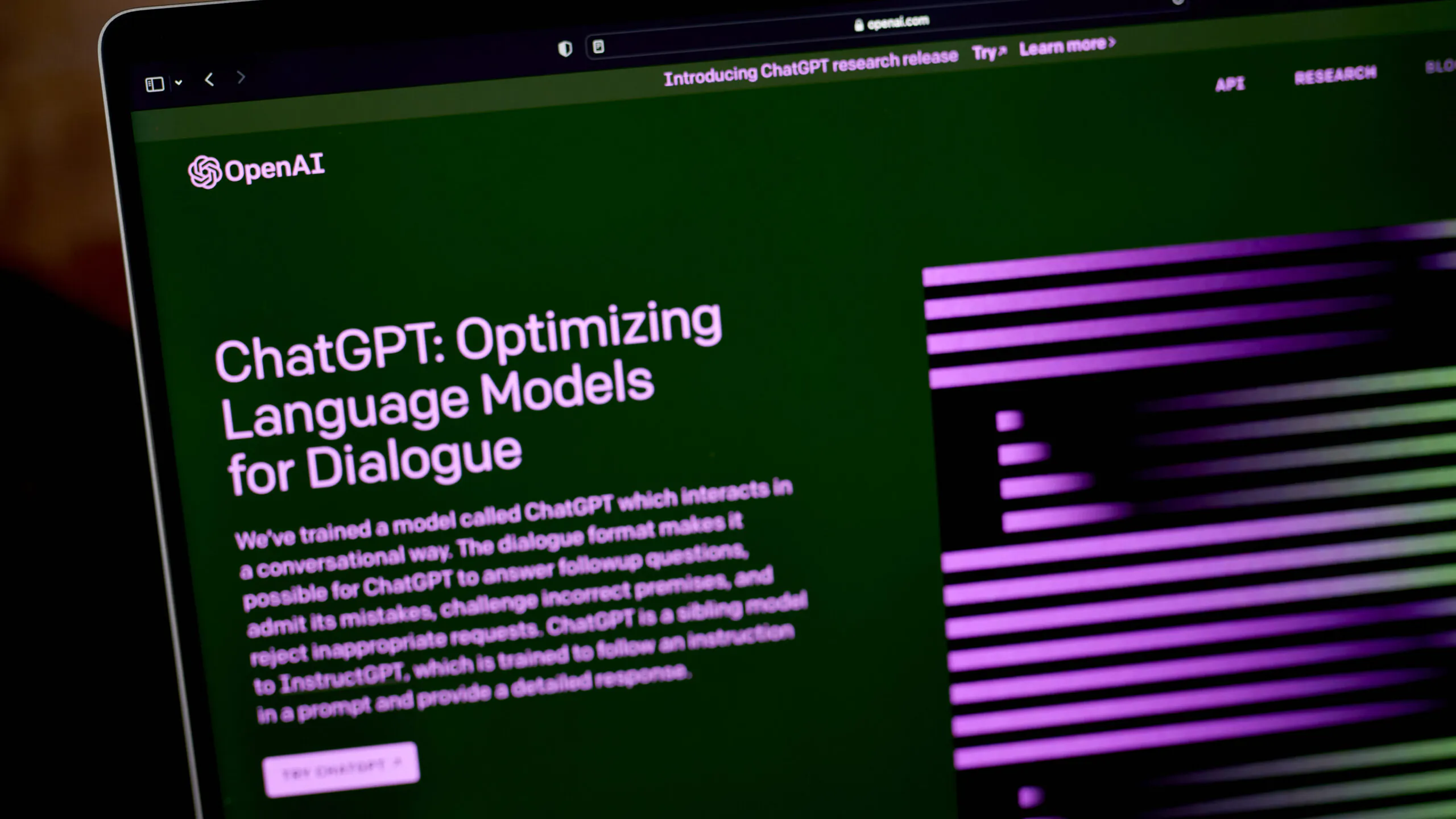Educators use the artificial intelligence language processing tool ChatGPT more than their students despite widespread concerns about the system’s potential to assist with cheating.
ChatGPT has earned worldwide recognition as knowledge workers use its capabilities to execute tasks such as drafting emails and computer code in a matter of seconds, leading to competition between Microsoft, Google, and other firms attempting to implement similar systems into their products. Reports of students using ChatGPT to write essays have also made headlines, sparking debate over the appropriate role of the nascent technology in education.
Teachers are nevertheless among the knowledge workers who benefit from ChatGPT, according to a survey from the Walton Family Foundation, which indicated that 40% of educators use the system at least once a week, exceeding the 22% of students who said the same.
Teachers leverage ChatGPT for purposes such as lesson plans and drafting curriculum, while 73% of teachers and 68% of students concur that the system can aid with learning at faster rates. “Educators are innovators,” Walton Family Foundation Education Program Director Romy Drucker said in response to the survey. “They recognize the urgency of this moment and want to use every tool at their disposal to meet each student’s unique needs.”
Other polls indicate that educators are concerned about diminished educational outcomes arising from cheating and the breach of academic honor codes. Some 72% of college professors and 58% of grade school teachers who are aware of ChatGPT are concerned about cheating, according to a survey from Study.com; 66% nevertheless believe that the system should not be entirely banned.
A scandal over ChatGPT recently emerged at Cape Coral High School in Florida, which is known for its academic rigor, after students in the International Baccalaureate program were caught using the system. “Your senior students are in the process of submitting rough and final drafts of their official IB internal assessments in their various subject areas,” Cape Coral IB program coordinator Katelyn Uhler wrote in a letter to parents. “There have been some IB papers submitted that are questionable in a few ways including being very different styles of writing from previously submitted papers.”
Essays produced by ChatGPT can circumvent conventional plagiarism detection software because the technology neither writes the same essay twice nor accesses the internet for published content. Some developers, however, have produced software that can determine whether an essay was written by ChatGPT or other artificial intelligence systems.
Beyond the potential for artificially written essays, academics have also noted the excellent performance that ChatGPT can render on difficult exams. The system performed “at or near the passing threshold” for all three components of the United States Medical Licensing Exam and earned passing scores on the multiple-choice section of the Bar Exam.
CLICK HERE TO GET THE DAILY WIRE APP
Christian Terwiesch, an operations management professor at the University of Pennsylvania’s Wharton School, likewise found that ChatGPT earned a grade between B and B- on a final exam usually presented to MBA students. “It does an amazing job at basic operations management and process analysis questions including those that are based on case studies,” he wrote. “Not only are the answers correct, but the explanations are excellent.”
Terwiesch added that the performance offered by ChatGPT still had some deficiencies, such as “surprising mistakes in relatively simple calculations” at the level of sixth-grade math that were often “massive in magnitude.”

.png)
.png)

